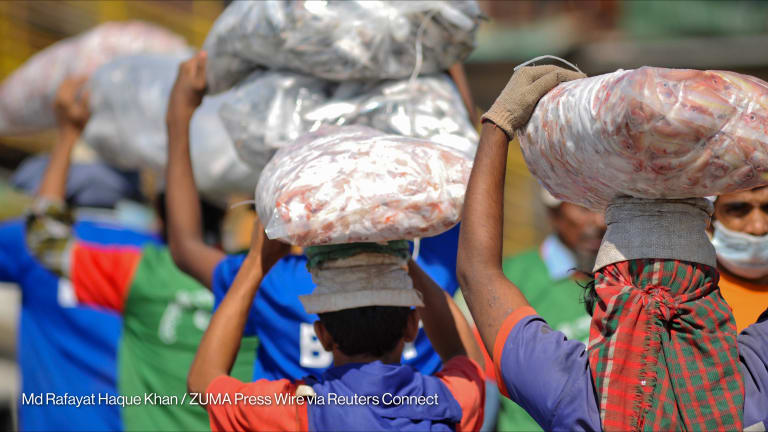Opinion: How a Codex Planetarius can account for the true cost of food
When Upton Sinclair published “The Jungle” in 1906, exposing health violations and unsanitary practices in the U.S. meatpacking industry, it began a slow march of incremental reform to the food system. Nearly 60 years later, to avoid the proliferation of different food health and safety programs, countries began adopting the Codex Alimentarius, or Food Code — an international code of minimum mandatory health and safety standards for food production.
Fast forward another 60 years, and we now face a challenge of equally monumental proportions: How to reduce the biggest environmental impacts of food production while simultaneously meeting the burgeoning demand for food as the global population expands and grows wealthier. In response, the World Wildlife Fund and its global partners have begun developing a second codex that addresses the health of the environment. Modeled on the safety standards of Codex Alimentarius, “Codex Planetarius” would establish environmental standards to reduce the key environmental impacts of producing globally traded food.
The environmental impact of food production is unparalleled, with consequences that extend far beyond farmland. It is responsible for 70% of habitat and biodiversity loss, including vast swaths of land in Brazil that has been deforested for cattle grazing. It is also responsible for 70% of human freshwater use, mainly for irrigating crops in areas where there isn’t sufficient rainfall to support growth. And it is responsible for 78% of water pollution, largely from soil erosion and agrochemical runoff, as well as more than one-quarter of greenhouse gas emissions — carbon dioxide and other gases that are rapidly warming the planet.
Search for articles
Most Read
- 1
- 2
- 3
- 4
- 5








